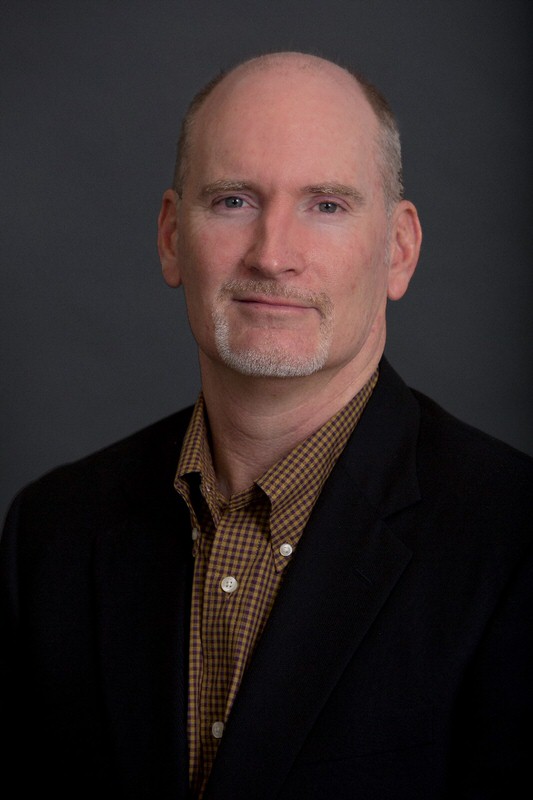GSBS Alumnus Dr. James Jackson Publishes in Journal of Cell Biology and Recognized in Scientific American

 Congratulations to one of our CSB Graduate Program alumni, James G. Jackson, Ph.D. on his paper just published in Journal of Cell Biology entitled “Chemotherapy-induced senescent cancer cells engulf other cells to enhance their survival.”
Congratulations to one of our CSB Graduate Program alumni, James G. Jackson, Ph.D. on his paper just published in Journal of Cell Biology entitled “Chemotherapy-induced senescent cancer cells engulf other cells to enhance their survival.”
His research found that some cancer cells survive chemotherapy by eating their neighboring tumor cells. This process helps chemotherapy-wounded cells by providing them the energy they need to stay alive which can lead to a cancer relapse.
The team, including postdoctoral fellow Dr. Crystal Tonnesen-Murray, used time-lapse and confocal microscopy to observe interactions of cells in treated tumors and cell lines. They found that that chemotherapy-induced senescent cells frequently engulfed both neighboring senescent or nonsenescent tumor cells at a very high rate. The engulfed cells were processed through the lysosome and broken down, and cells that had engulfed others survived longer when isolated. Gene expression analysis showed chemotherapy-induced senescent cell lines and tumors both exhibited a marked up-regulation of conserved macrophage-like programs of engulfment.
Their data suggest compelling explanations for how senescent cells persist in dormancy, how they manage the metabolically expensive process of cytokine production that drives relapse in those tumors that respond the worst, and a function for their expanded lysosomal compartment.
The paper has been getting a lot of attention including a recent commentary in Medical Xpress, Technology Networks and Scientific American.
Dr. Jackson, who is currently an assistant professor (tenure track) in the Department of Biochemistry and Molecular Biology at Tulane University School of Medicine in New Orleans, was a Ph.D. student in the Cellular and Structural Biology program in Dr. Olivia Pereira-Smith’s lab and graduated in 2005. While in the program he was the recipient of the CSB David Carillo Memorial Fellowship award in 2002. He was also honored as the CSB Distinguished Graduate in 2011. Prior to his current appointment, he was a postdoctoral fellow (with Gigi Lozano, Chair of Genetics) and then Instructor in the Department of Genetics at the MD Anderson Cancer Center. James, who works on p53-mediated senescence, is currently funded by the DoD Breast Cancer Research Program.
Read more about Dr. Jackson in our alumni profile!
In a new study, Tonnessen-Murray and colleagues (https://t.co/VGwtVe1XBQ) discovered that, after exposure to doxorubicin or other chemotherapy drugs, breast cancer cells that become senescent frequently engulf neighboring cancer cells. Press release here: https://t.co/BxDmKtrQbV pic.twitter.com/2DxHQmhRra
— JCellBiol (@JCellBiol) September 17, 2019
Tonnessen-Murray et al reveal that #chemotherapy-induced senescent #cancer cells boost their survival by engulfing & degrading neighboring cells https://t.co/VGwtVe1XBQ @jimjaxn100 @ashkanshahbandi @nathanung1 @Thesrao @joiedelespirit pic.twitter.com/pgQ2LW9quO
— JCellBiol (@JCellBiol) September 30, 2019
.@sciam included this video of cannibalistic #cancer cells by @jimjaxn100 & colleagues in their weekly roundup of #BestScienceGIFs https://t.co/ICmsabBBfj Original study here: https://t.co/VGwtVe1XBQ @kelso_harper @Jeffdelviscio pic.twitter.com/IYdk8LziLF
— JCellBiol (@JCellBiol) October 1, 2019
